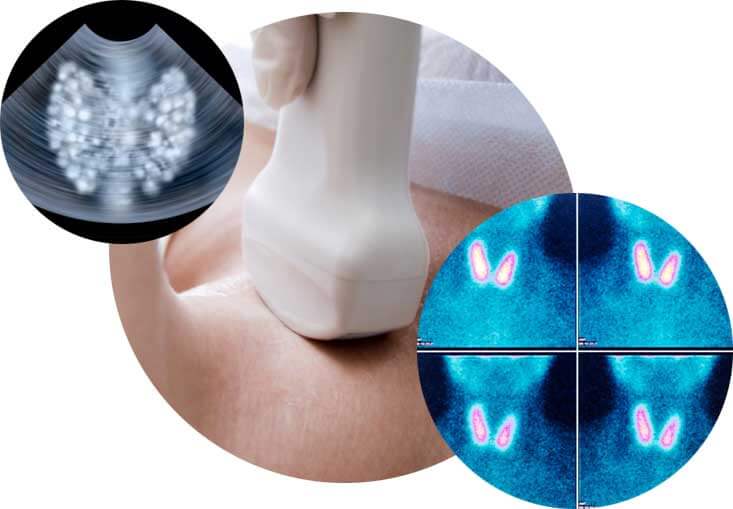Post Operative
Pain
Some level of pain is expected, however, excessive pain is not.
Post operative pain is usually well controlled with simple pain killers – such as Paracetamol (Panadol, Herron, panamax etc), Non steroidal (Naproxen, Brufen, Voltaren etc).
Some medication containing codeine may make you constipated.
Activity
You may resume your pre-operative level of activity 24 hours after surgery or as directed.
Listen to your body and rest when you are tired.
Do not lift anything heavy (over 20kg).
Do not drive a motor vehicle; operate machinery or power tools for 24 hours or while taking pain medications.
Diet as usual
Wound Care
A waterproof dressing is usually used in covering the wound.
It is ok to leave it on until follow up.
Call Your Doctor If:
Excessive oozing, swelling, redness or pain +/- fever, or any concern.
Call the doctor’s room – (03)9793 9043 Mon- Fri 9am to 4.30pm to arrange a review
After hours – please contact the hospital – Private or Public – to get in touch with the doctor. If not available, please go to nearest emergency Department and try to contact the doctor again while in emergency.
Follow-Up:
A follow-up appointment would have been made to you. If not please call the office to make one.
Most appointments are for 7-14 days following your surgery. If you have any problems before then, do not hesitate to call.
Pain
Some level of pain is expected, however, excessive pain is not.
Post operative pain is usually well controlled with simple pain killers – such as Paracetamol (Panadol, Herron, panamax etc), Non steroidal (Naproxen, Brufen, Voltaren etc).
Some medication containing codeine may make you constipated.
Diet as usual
Activity
You may resume your activity gently as soon as possible. There is usually no restriction of activity after breast surgery.
Wound Care
A waterproof dressing is usually used in covering the wound.
If there is minor swelling with minor discomfort, it is normal. However, sometimes fluid can be collected under breast wound – especially mastectomy or surgery under the arm. This may need to be drained in the doctor’s office during your post-operative visit.
If a drain is used, it may be left in for 1-4 days.
Call Your Doctor If:
Excessive oozing, swelling, redness or pain +/- fever, or any concern.
Call the doctor’s room – (03)9793 9043 Mon- Fri 9am to 4.30pm to arrange a review
After hours – please contact the hospital – Private or Public – to get in touch with the doctor. If not available, please go to nearest emergency Department and try to contact the doctor again while in emergency.
Follow-Up
The appointments are for 7-10 days following your surgery. If you have any problems before then, do not hesitate to call.
Results
As a rule of this practice, the results are not disclosed over the phone by the room staffs. It should be conveyed by the doctor, usually during your post operative visit to ensure correct results are discussed.
Wound Care
Your wound will be covered with water proof tape, which should be left in place for about 1-2 weeks. The tape will be removed at your first postoperative visit. Some dried blood may be noticed under the tape but that is expected. You can shower with the tape in place. Once removed, the tape will be replaced and you will then need to wear it for the next 1 to 2 weeks in order to get the best possible cosmetic result. The preferred tape is narrow, flesh coloured Micropore which can be obtained from your chemist.
Local symptoms
Some local symptoms are common after surgery including sore throat, minor tightness, minor choking, or having to force down food. Headaches and tiredness are also common as is weakness of the voice with prolonged use. Occasionally a symptom may last for months. Minor Swelling of the neck around the wound is also common and may benefit from daily massage with Vitamin E cream. Numbness of the skin above the wound may be present and may last for many months.
Large swelling and severe tightness and choking are uncommon. If these happens, please contact the hospital straight away or go to the closest emergency department.
Late complications
Wound infection may have occurred if the wound becomes red, hot and swollen. If that occurs you must seek attention from your local doctor straight away or call our room for advise.
Activities
You should generally restrict vigorous activities for 1 or 2 weeks after surgery. Driving should be avoided although local driving is acceptable.
If you have been discharged on calcium medication
Usual dose is Caltrate 2 tablets twice a day, up to maximum Caltrate 3 three times a day. Please continue calcium until being reviewed by your specialist.
A blood test is normally needed prior to your review appointment while on calcium. If you don’t have the blood test slip, please check with the staff.
If you experience tingling in the hands or around the mouth despite the caltrate, you need to take extra 2 caltrate and ring the hospital if not settled. For example, if you are on 2 caltrate twice a day, you need to take extra 2 caltrate and wait for 2 hours. If the symptoms settled, continue on the higher dose ie 2 caltrate three times a day until review. If not, please contact the hospital straight away or go to the closest emergency department. You may need extra blood tests.
Please call our room 03 9793 9043 Mon-Fri 9am to 4.30pm for any queries or advice.

